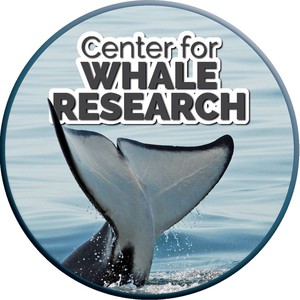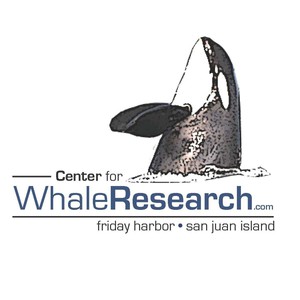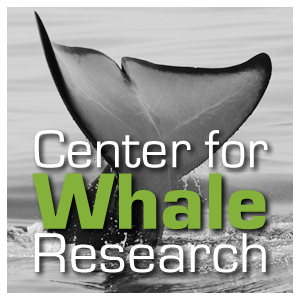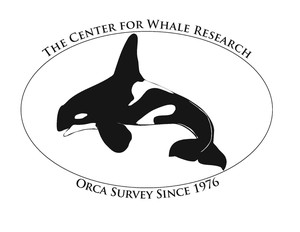Company Description
In 1976, "Orca Survey" was launched as a census to determine the status of the Southern Resident Killer Whales. Orca Survey is a long-term photo-identification study of killer whales (Orcinus orca) in the San Juan Island area of the Pacific Northwest. It was initiated by Principal Investigator Ken Balcomb in 1976 (under contract to the National Marine Fisheries Service) to ascertain the size of the population of Killer whales in the Greater Puget Sound environs of Washington State.
For over three decades, the Center for Whale Research (CWR) has been conducting annual photo-identification studies of the Southern Resident Killer whale (SRKW) population that frequent the inland waters of Washington State and lower British Columbia (Balcomb and Goebel, 1976
Balcomb and Bigg, 1986
Bigg et al., 1987
Ford et al., 1994
Ford et al., 2000
CWR Annual Orca Survey ID Guides).
These studies have provided unprecedented baseline information on population dynamics and demography (Olesiuk et al., 1990
Brault and Caswell, 1993
Ford et al., 2005b
Wade et al., in prep
Ward et al., in prep), social structure (Heimlich-Boran, 1986
Bigg et al., 1990
Parsons et al., in press), and individual life histories (Olesiuk et al., 1990).
This detailed understanding of population status and trends has supported management decisions in both Canada and the United States. Most recently, data derived from CWR’s long-term studies have been used to support listing decisions in the U.S. under the Marine Mammal Protection Act and the Endangered Species Act (Krahn et al., 2002), and in Canada under the Species At Risk Act, with SRKWs now listed as Endangered in both countries.
CWR researchers have pioneered the development of innovative research techniques for the study of free-ranging cetaceans. This includes the development of photo-identification studies for a range of species (Bigg et al., 1987
Claridge, 1994
Calambokidis et al., 1990
1990b
1996
2000
2001
Darling et al., 1996
Dahlheim et al., 1997
Durban et al., 2000
Ford et al., 1994
Ford et al., 2000
Parsons et al., 2006
Steiger et al., 1999
Urban et al., 1999)
novel methods for genetic sampling (Parsons et al., 1999
Parsons, 2001
Parsons et al., 2003)
techniques for prey sampling and predation observations (Ford et al., 1998
Ford et al., 2005a)
novel statistical methods for making inference from photo-identification data (Durban et al., 2000
Durban et al., 2005a
Durban and Elston, 2005
Durban and Parsons, in press)
non-invasive approaches for obtaining morphometric measurements from free-ranging cetaceans (Durban and Parsons, 2006)
and recent advances in satellite telemetry for the remote study of individual movements (Johnson et al., in press).
Photos & Videos
Reviews and Recommendations
Frequently asked questions about Center For Whale Research
What days are Center For Whale Research open?
Center For Whale Research is open Thursday, Friday, Saturday, Sunday.
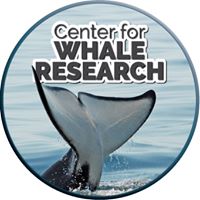
Center For Whale Research
Open Hours
- Thursday10:00AM - 04:00PM
- Friday10:00AM - 04:00PM
- Saturday10:00AM - 04:00PM
- Sunday10:00AM - 04:00PM
- Mon, Tue, WedClosed
